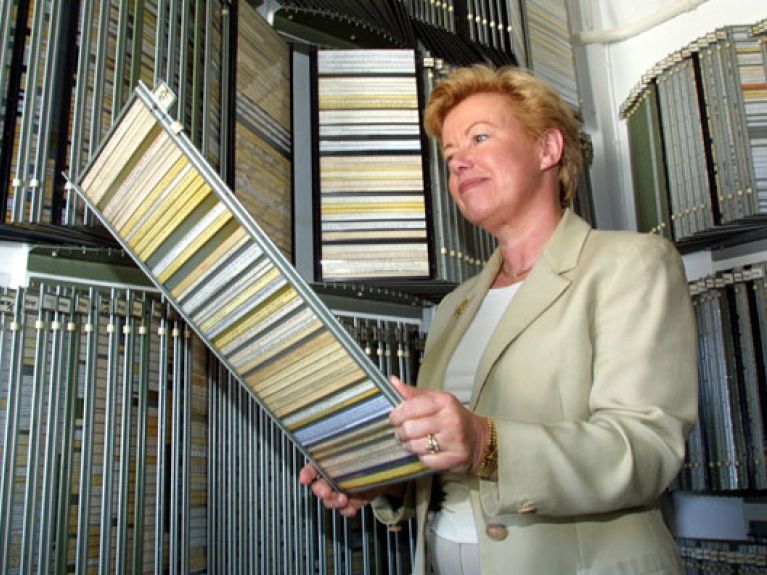Enormous process of upheaval
Life satisfaction has converged in east and west – though differences still exist. Interview with Renate Köcher.

The Allensbach Institute (IfD) has been conducting extensive opinion surveys in eastern and western Germany since 1990. Twenty-five years on from reunification, is there still a “wall in people’s heads”?
There is no longer a wall in people’s heads. One aspect which has particularly evened out as far as public opinion in eastern and western Germany is concerned is everything related to the economic situation. In this respect, surveys we carried out in eastern Germany during the 1990s, and indeed at the start of the new millennium, showed very negative results. Ten years ago, for instance, two thirds of the population of eastern Germany still considered the economic situation in their part of the country not especially good, while today this applies to fewer than one in five people. Overall life satisfaction has also reached similar levels in east and west. Significant differences are to be found, however, especially as far as acceptance of the system and unequivocal support for the market economy are concerned, and indeed as regards the question of whether the kind of democracy we have in Germany is the best conceivable political system. While some 40% of people in the east believe it is, the figure is around 75% in western Germany.
How have opinions in eastern Germany changed over the past 25 years?
An enormous process of upheaval and unification had to be completed in the early 1990s. East Germans had to put up with an awful lot and, looking back, describe it as a very challenging time. Many people lost their jobs. Although half of the entire population of eastern Germany now regard themselves as clear winners of German unification, with only a minority describing themselves as having lost out, the latter nonetheless account for a quarter. This is generation-dependent: there were of course those for whom reunification came too late, who were no longer able to gain a foothold in the new system. Unemployment remained high for a very long time in eastern Germany, a phenomenon that did not really exist in the GDR. All the same, two thirds of people in eastern Germany nowadays conclude that German unity has been a success story.
Do people in eastern Germany also take a more critical view of the GDR these days?
Yes, though people quite understandably take a very nuanced view. Everything to do with the availability of consumer goods, freedom of travel, openness to the world, living conditions, standards of living, environmental protection and human rights is accredited to the Federal Republic of Germany. By contrast, the GDR is fondly remembered for job security, low rents, good childcare, the promotion of sport and better reconcilability of family and work. The GDR had a well-developed childcare infrastructure that made it possible for women to combine family life with pursuing a career, whereas western Germany has only begun to gradually proceed down this road over the past ten to fifteen years.
Your survey results also show that there was considerable resolve – despite all the differences in east and west – to make a success of German reunification.
Reunification shook the population to its core in a way that no other event in the preceding decades had. The majority said that they cried when it became clear that reunification was really going to happen. In both east and west there was a great will to say: we must make this a success so that we have a good future together.
Do young Germans in fact still make any distinction between east and west?
The post-reunification generation takes unity more or less for granted. Young people in eastern Germany regard themselves first and foremost as Germans rather than as east Germans. Their grandparents’ generation took a quite different view. There is no doubt that a national identity rather than any more narrowly defined regional identity is what counts for the young generation, in both west and east.
Interview: Johannes Göbel

